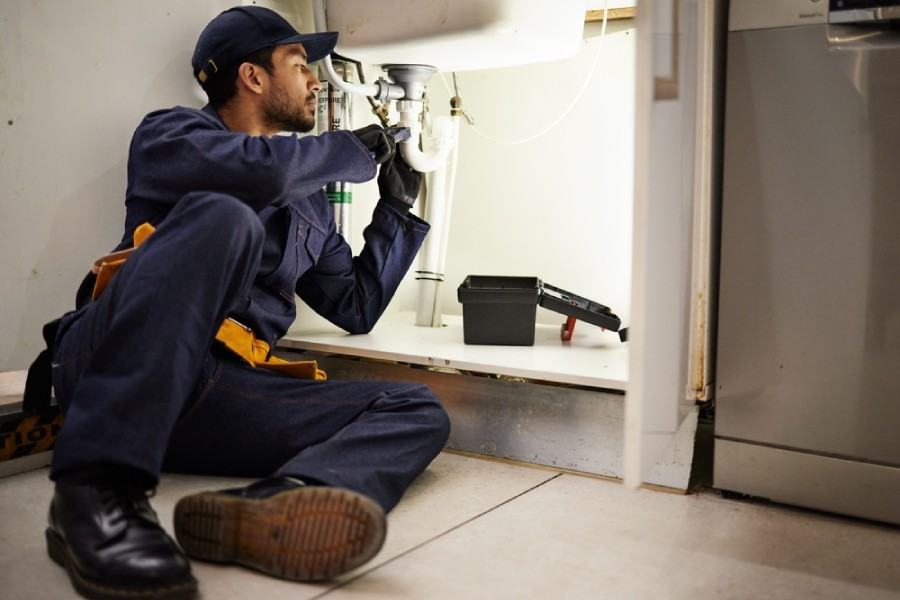
Quick Fixes: Plumbing Emergency Tips for Homeowners
Emergencies can strike at any time, and plumbing issues are no exception. Being prepared to handle plumbing emergencies can prevent further damage and save you from costly repairs. Explore essential tips for homeowners to tackle common plumbing emergencies quickly and effectively.
**1. Shut Off the Water: First Line of Defense
In any plumbing emergency, your first step is to shut off the water supply. Locate the main water shut-off valve in your home and turn it clockwise to stop the flow of water. This immediate action can prevent flooding and minimize damage while you assess the situation.
**2. Dealing with Burst Pipes: Swift Response Required
Burst pipes can cause significant water damage. If you encounter a burst pipe, turn off the water supply immediately. Use a pipe clamp or plumber’s tape as a temporary solution to slow down the leak. Reach out to a professional plumber to assess and repair the damage promptly.
**3. Clogged Drains: Plungers and Drain Snakes
Clogged drains can disrupt daily activities. For a quick fix, use a plunger to clear the blockage. If the plunger doesn’t work, try a drain snake or auger to break up and remove the obstruction. Avoid using chemical drain cleaners, as they can damage pipes and pose environmental risks.
**4. Leaking Faucets: Tighten and Inspect
A leaking faucet not only wastes water but can also lead to more significant issues. In the case of a leak, tighten the faucet or replace a worn-out washer. If the leak persists, consider consulting a plumber to address potential underlying problems.
**5. Overflowing Toilet: Stop the Overflow
An overflowing toilet can create a mess quickly. If your toilet is overflowing, turn off the water supply behind the toilet. Plunge the toilet to clear the blockage. If the problem persists, reach out to a plumber to inspect and address any underlying issues.
**6. Water Heater Issues: Turn Off and Assess
A malfunctioning water heater can be a plumbing emergency. If you notice leaks or strange noises, turn off the water heater and the gas or electricity supply. Consult the manufacturer’s manual or a professional plumber to diagnose and resolve the issue.
**7. Sump Pump Failure: Addressing Basement Flooding
A failed sump pump can lead to basement flooding, especially during heavy rain. If your sump pump stops working, check for clogs and ensure proper power supply. Consider having a battery-operated backup sump pump to prevent flooding in case of power outages.
**8. Frozen Pipes: Thawing Safely
In colder climates, frozen pipes are a common issue. If you discover frozen pipes, use a hairdryer or heat lamp to thaw them safely. Avoid using open flames, as they can damage pipes. Once thawed, insulate pipes to prevent future freezing.
**9. Gas Leak Concerns: Evacuate and Call for Help
If you detect a gas leak, prioritize safety. Evacuate the premises immediately and call your gas company and emergency services. Do not attempt to fix a gas leak on your own. Professional assistance is crucial to ensure safety and proper resolution.
**10. Emergency Plumbing Kit: Be Prepared
Create an emergency plumbing kit with essential tools and supplies. Include a plunger, pipe wrench, plumber’s tape, and a flashlight. Familiarize yourself with the location of shut-off valves and keep emergency contact information for a reliable plumber on hand.
For more detailed guidance on handling plumbing emergencies and maintaining a well-prepared home, visit Plumbing Emergency Tips. Explore additional insights, resources, and expert advice to empower homeowners in effectively managing unexpected plumbing issues.
